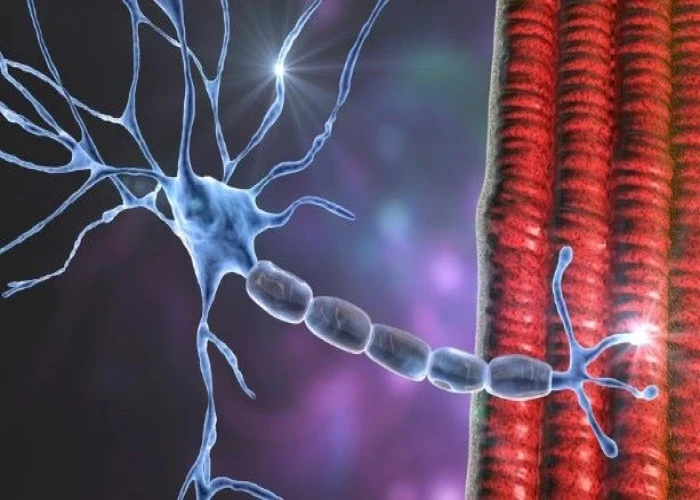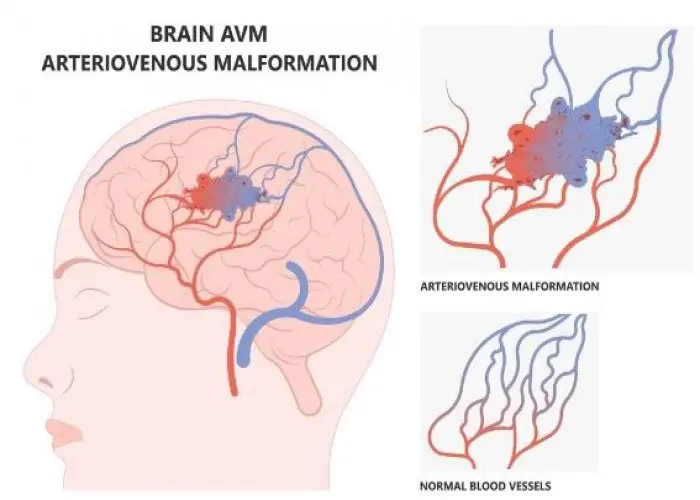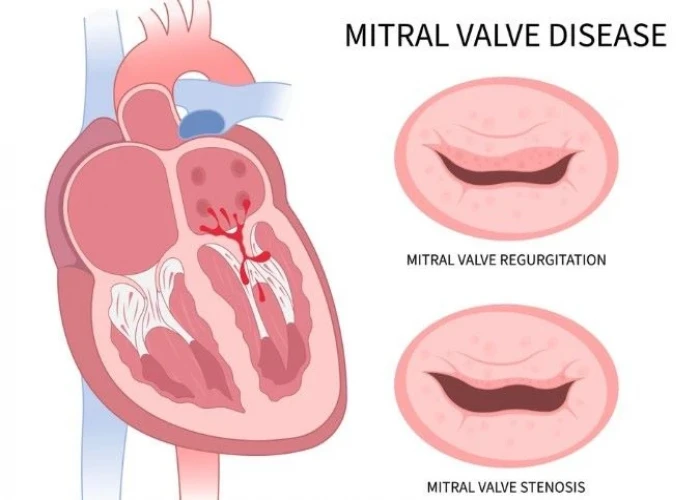 Welcome
Welcome
“May all be happy, may all be healed, may all be at peace and may no one ever suffer."
Mitral valve stenosis

Mitral valve regurgitation (MR), also known as mitral insufficiency, is a condition in which the mitral valve of the heart does not close properly, causing blood to leak back into the left atrium when the heart contracts.
MR can be caused by a variety of factors, including congenital defects, damage from infections or rheumatic fever, heart attacks, and age-related wear and tear. Symptoms of MR may include shortness of breath, fatigue, irregular heartbeat, and swelling in the legs or abdomen. In some cases, people with MR may not experience any symptoms at all.
Diagnosis of MR typically involves a physical exam, imaging tests such as echocardiography, and other diagnostic tests to determine the underlying cause of the condition. Treatment for MR may depend on the severity of symptoms and the underlying cause of the condition. In some cases, medications such as diuretics, blood pressure medications, or blood thinners may be prescribed to manage symptoms or prevent complications.
In more severe cases of MR, surgery or other procedures may be necessary to repair or replace the mitral valve. Treatment options may include mitral valve repair surgery, in which the damaged valve is repaired, or mitral valve replacement surgery, in which the damaged valve is replaced with an artificial valve.
With appropriate treatment and management, many people with MR are able to live active and healthy lives. Regular medical care and monitoring are important for maintaining heart health and preventing complications.
Research Papers
Disease Signs and Symptoms
- Shortness of breath (dyspnea)
- Fatigue, especially during increased physical activity
- Irregular heartbeats (arrhythmia)
- Irregular heart sound (heart murmur)
- Dizziness (vertigo)
- Blood with cough
- Chest pain
- Rapid fluttering heartbeats (palpitations)
- Swollen feet and ankles (edema)
- Fatigue (Tiredness)
- Sudden pain that begins on the right side of the lower abdomen
Disease Causes
Mitral valve stenosis
Causes of mitral valve stenosis include:
- Rheumatic fever. A complication of strep throat, rheumatic fever can damage the mitral valve. Rheumatic fever is the most common cause of mitral valve stenosis. It can damage the mitral valve by causing the flaps to thicken or fuse. Signs and symptoms of mitral valve stenosis might not show up for years.
- Calcium deposits. As you age, calcium deposits can build up around the mitral valve (annulus), which can occasionally cause mitral valve stenosis.
- Radiation therapy. Treatment for certain types of cancer that requires radiation to your chest area can sometimes cause the mitral valve to thicken and harden.
- Other causes. In rare cases, babies are born with a narrowed mitral valve (congenital defect) that causes problems over time. Some autoimmune diseases, such as lupus, also may rarely cause mitral valve stenosis.
How the heart works
The heart, the center of your circulatory system, consists of four chambers. The two upper chambers (atria) receive blood. The two lower chambers (ventricles) pump blood.
Four heart valves open and close to let blood flow in only one direction through your heart. The mitral valve — which lies between the two chambers on the left side of your heart — comprises two flaps of tissue called leaflets.
The mitral valve opens when blood flows from the left atrium to the left ventricle. Then the flaps close to prevent the blood that has just passed into the left ventricle from flowing backward. A defective heart valve fails to either open or close fully.
Disease Prevents
Mitral valve stenosis
The best way to prevent mitral valve stenosis is to prevent its most common cause, rheumatic fever. You can do this by making sure you and your children see your doctor for sore throats. Untreated strep throat infections can develop into rheumatic fever. Fortunately, strep throat is usually easily treated with antibiotics.
Disease Treatments
If you have mild to moderate mitral valve stenosis with no symptoms, you might not need immediate treatment. Instead, your doctor will monitor the valve to see if your condition worsens.
Medications
No medications can correct a mitral valve defect. However, certain drugs can reduce symptoms by easing the strain on the heart and controlling your heart rhythm.
Your doctor might prescribe one or more of the following medications:
- Diuretics to reduce fluid buildup in your lungs or elsewhere.
- Blood thinners (anticoagulants) to help prevent blood clots.
- Beta blockers, calcium channel blockers or digitalis glycosides to slow your heart rate and allow your heart to fill more effectively.
- Anti-arrhythmics to treat atrial fibrillation or other irregular heart rhythms associated with mitral valve stenosis.
- Antibiotics to prevent a return of rheumatic fever if that's what caused your mitral valve stenosis.
Surgery or other procedures
You may need valve repair or replacement to treat mitral valve stenosis, which may include surgical and nonsurgical options.
- Percutaneous balloon mitral valvuloplasty. In this procedure, also called balloon valvotomy, a doctor inserts a soft, thin tube (catheter) tipped with a balloon in an artery in your arm or groin and guides it to the narrowed valve. Once in position, the balloon is inflated to widen the valve, improving blood flow. The balloon is then deflated, and the catheter with balloon is removed.
- Not everyone with mitral valve stenosis is a candidate for balloon valvuloplasty. Talk to your doctor to decide whether it's an option for you.
- Surgical commissurotomy. If balloon valvuloplasty isn't an option, a heart surgeon might perform this open-heart surgery to remove calcium deposits and other scar tissue to clear the valve passageway. Surgical commissurotomy requires that you be put on a heart-lung bypass machine during the surgery. You may need the procedure repeated if your mitral valve stenosis returns.
- Mitral valve replacement. If the mitral valve can't be repaired, surgery may be recommended to replace the damaged valve with a mechanical one or a valve made from cow, pig or human heart tissue (biological tissue valve).
- Biological tissue valves break down over time and may need to be replaced. If you have a mechanical valve, you will need to take blood thinners for life to prevent blood clots. Your doctor will discuss with you the benefits and risks of each type of valve and discuss which valve may be appropriate for you.
Disease Diagnoses
Disease Allopathic Generics
-
Aminophylline
For shortness of breath.
1 pill 2 times daily.
-
Furosemide
Langs A-Ross Bhava.
Take 1 pill daily after breakfast.
-
Cephalexin
Adults 1 capsule 4 times a day at night for 5-7 days.
-
Amoxicillin Trihydrate
1 tablet 3 times a day at night.
-
Ferrous Sulfate
for blood
1+0+1.
-
Clobazam
Clobazam is a drug for mood swings.
Disease Ayurvedic Generics
Disease Homeopathic Generics
Disease yoga
Mitral valve stenosis and Learn More about Diseases

Retinoblastoma

Genital warts

Salmonella infection

Breast cysts

Malaria Fever

Myasthenia gravis

Dural arteriovenous fistulas

Churg-Strauss syndrome
mitral valve stenosis, মিত্রাল ভালভ স্টেনোসিস
To be happy, beautiful, healthy, wealthy, hale and long-lived stay with DM3S.
